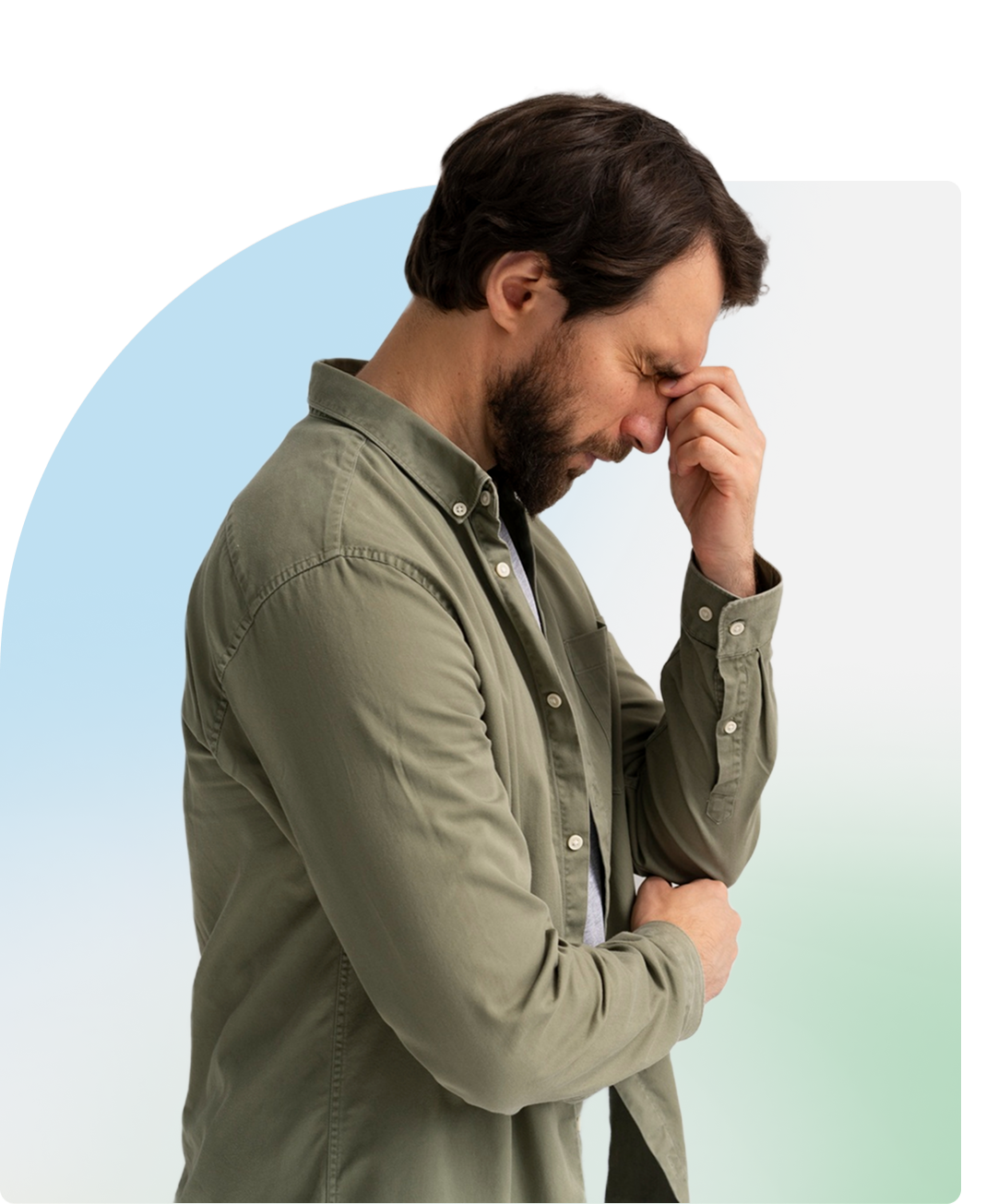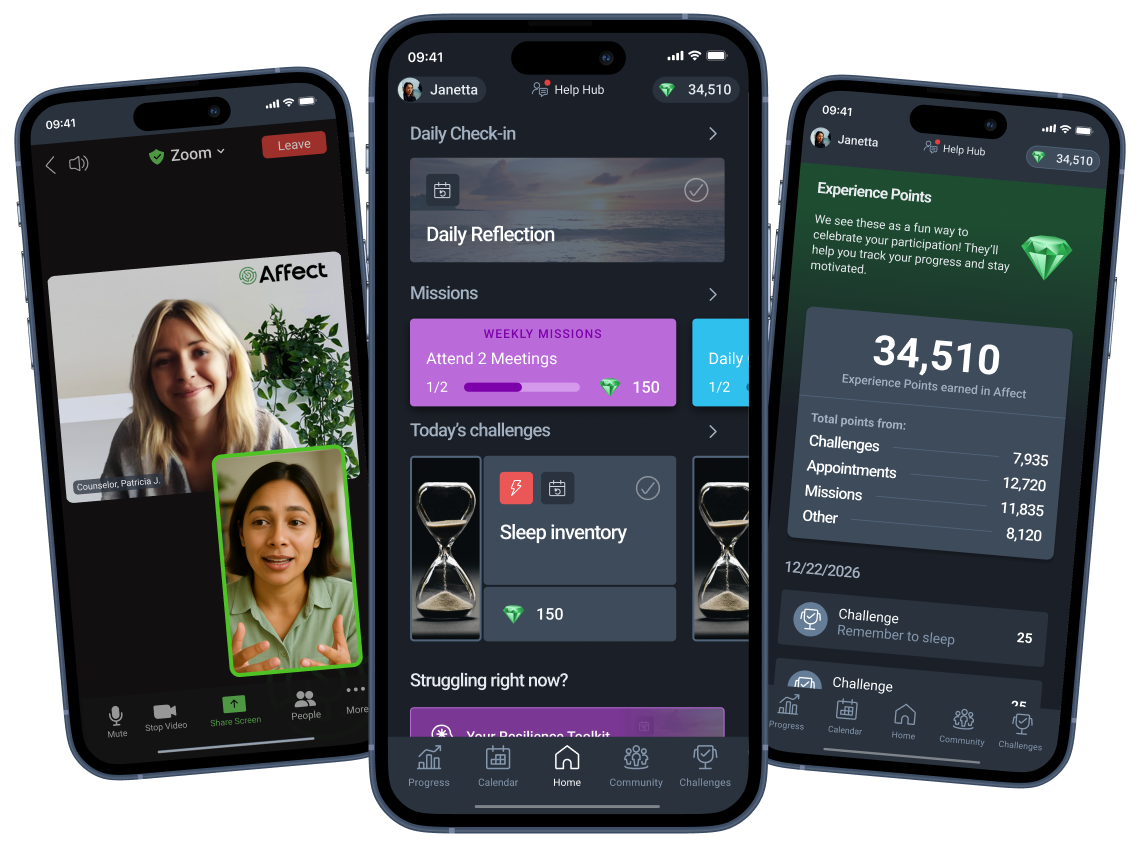
Why Recovery Works Best Where You Live
There’s a common belief that in order to recover from a substance use disorder (SUD), you have to escape your environment—pack a bag, head across the country, and check into a residential program. But the truth is, for most people, healing doesn’t happen away from real life. Recovery happens within your real life, from home.
At Affect, we believe that recovery is strongest when it’s built in the same environment where challenges—and victories—happen every day. Here’s why.
The Myth of “Getting Away”
It’s an appealing idea: if you could just leave behind the stress, the people, the triggers, then recovery would be easy. But research challenges this assumption.
A 2012 study published in Substance Abuse compared outcomes of people who attended residential treatment with those who received outpatient care. The researchers found no significant difference in long-term abstinence rates between the two groups [1]. That’s because while leaving town may give temporary relief, it doesn’t teach you how to manage your recovery when real life resumes.
Real Recovery Happens in Real Life
The reality is, most people with SUD don’t need to be in a locked facility to get better. They need support that helps them build skills where they live, work, and parent.
Studies show that outpatient treatment has comparable, and in many cases better, long-term outcomes than residential care, especially when the individual remains connected to their natural support system—family, community, and a sense of purpose [2].
Recovery isn’t just about stopping substance use. It’s about learning how to navigate cravings when you’re stressed, how to respond when an old friend texts you, and how to stay grounded when you’re overwhelmed. You don’t learn that by removing yourself from your environment. You learn it by staying in it—with the right support.

Why Telehealth Treatment Works
At Affect, we use a smartphone-based model because we believe people deserve recovery that fits into their life—not the other way around. And we have the data to back it up.
Telehealth for substance use treatment is just as effective, if not more so, than in-person care, according to multiple studies [3]. It increases access to treatment, reduces barriers like transportation and childcare, and allows people to engage in care without uprooting their lives.
Most importantly, it helps people recover in the very environment where their triggers exist. That means they’re not just surviving in a bubble—they’re building the tools they’ll actually use, every day.
Telehealth Recovery Is the Future
Telehealth doesn’t mean treatment is impersonal. In fact, it can be more connected. Affect’s care model includes virtual therapy, peer support, recovery coaching, medication for substance use disorder, and evidence-based interventions—all from the same app. That means our members can build a recovery network that’s available anywhere, anytime, in the context of their daily lives.
And it works. Our members show high engagement, reduced substance use, and increased stability—without needing to leave home or put their life on pause.
Recovery, Reimagined
The idea that you have to escape your life to save it is outdated. Real, lasting recovery happens in the world you live in—when you learn to navigate it differently.
At Affect Therapeutics, we meet you where you are. And we help you stay there, with support, strength, and science-backed care.
Because the best place to build a new life is in your life.
Sources:
Lin, L. A. et al. (2021). Telemedicine-delivered treatment interventions for substance use disorders: A systematic review. Journal of Substance Abuse Treatment.
McCarty, D. et al. (2012). The Role of Outpatient Treatment in Recovery from Substance Use Disorders. Substance Abuse.
Blodgett, J. C. et al. (2014). Comparative effectiveness of continuing care services for individuals with substance use disorders. Journal of Substance Abuse Treatment.



